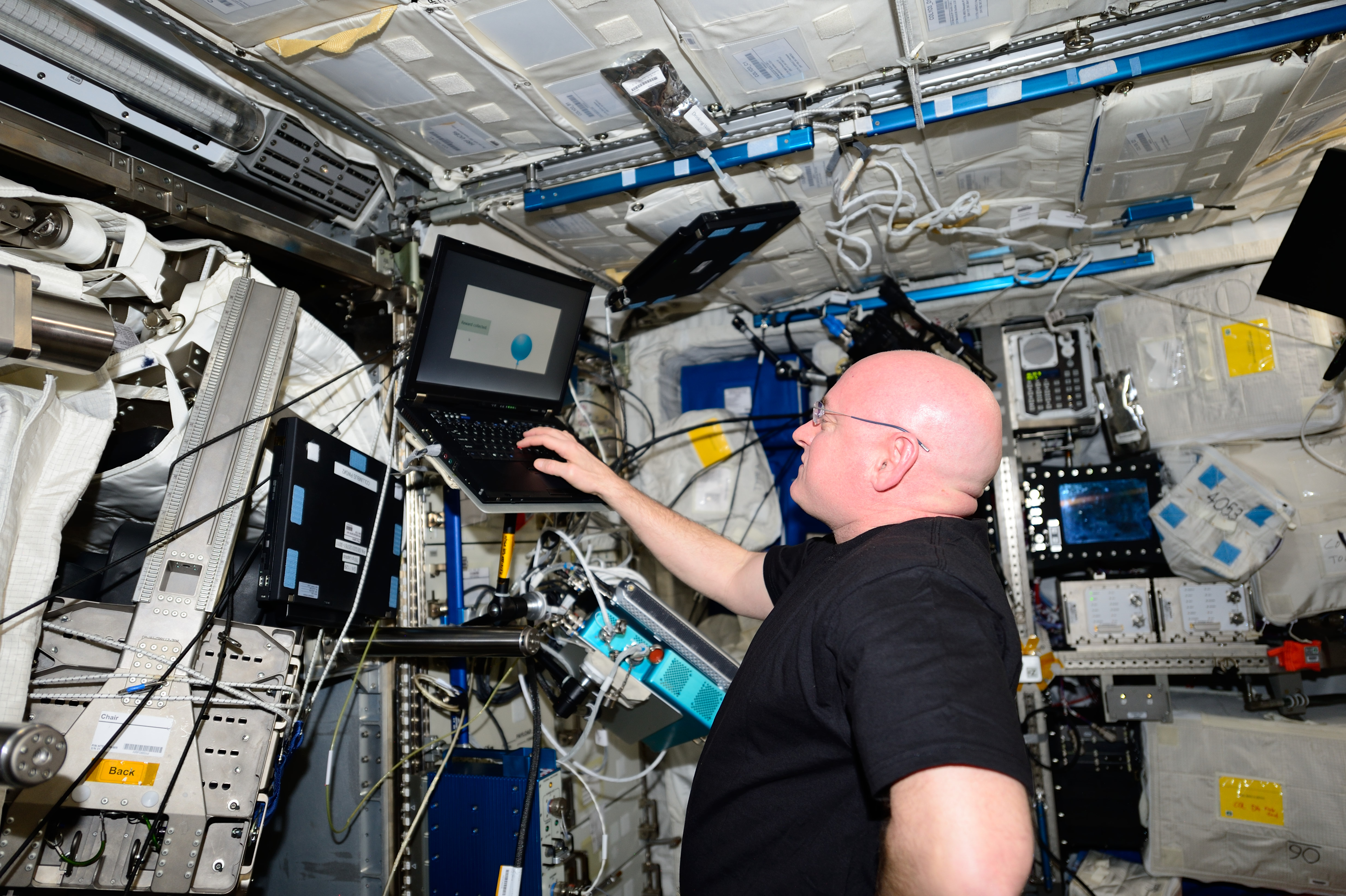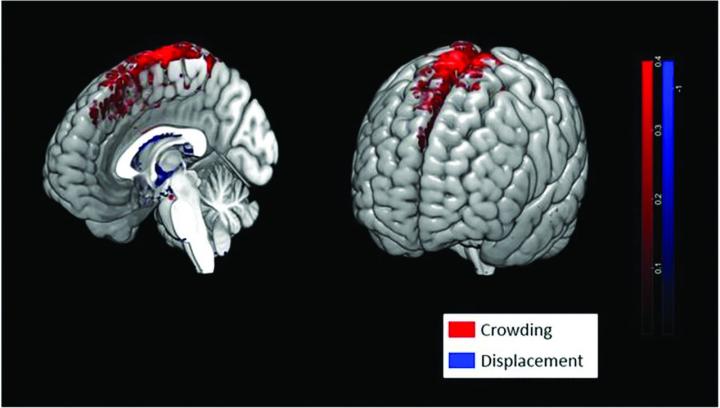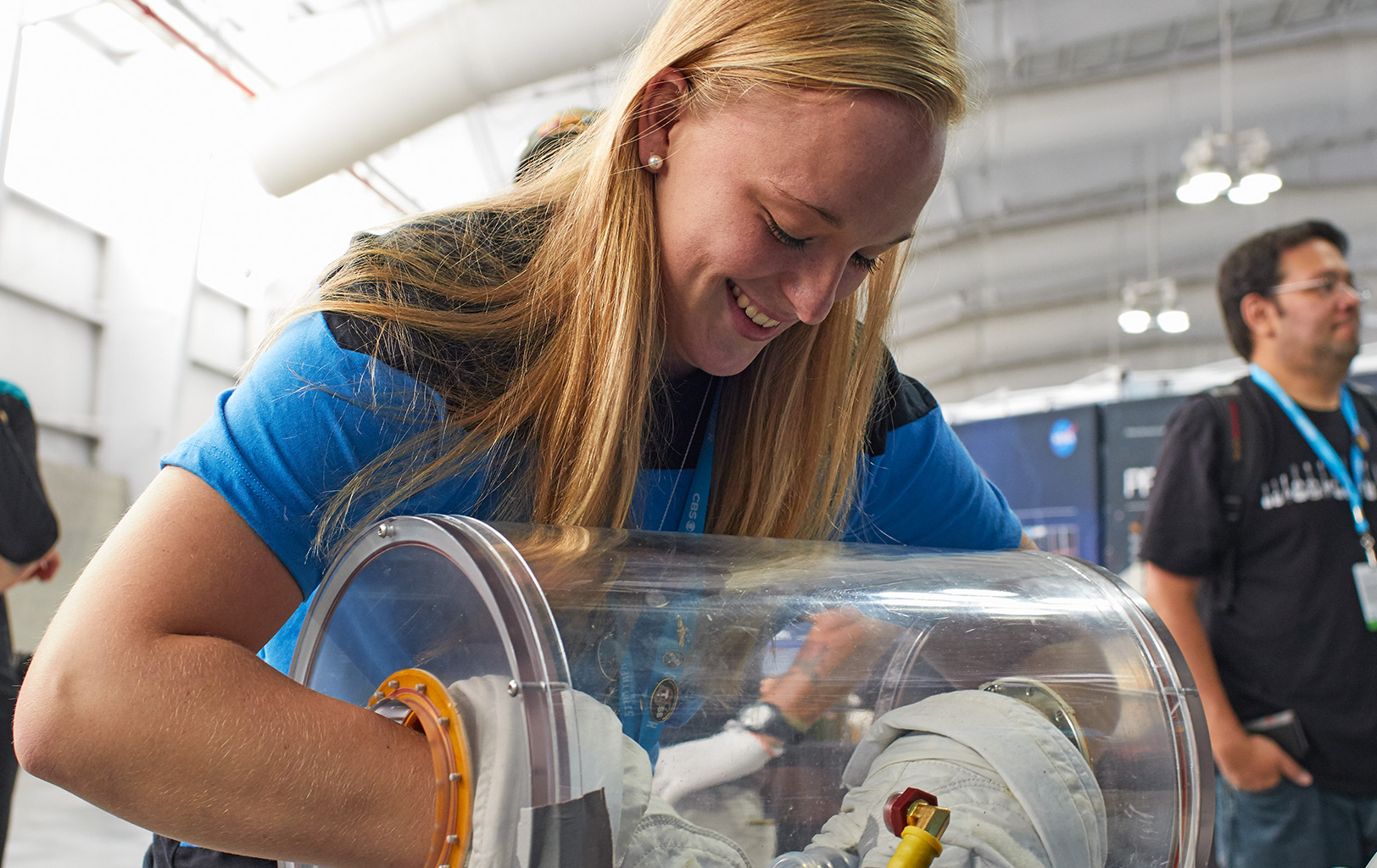Long Space Missions Can Change Astronaut Brain Structure and Function

Spaceflight changes astronauts' brain structure and function, a new study shows.
Researchers from the Medical University of South Carolina looked at how the human brain adapts to the microgravity environment of space. Using magnetic resonance imaging (MRI) scans of NASA astronauts, the researchers found widespread structural changes in the brain, especially after long-duration space missions, according to a statement.
"This study looks at cognitive changes in the brains of astronauts," Donna Roberts, a neuroradiologist at the Medical University of South Carolina, said in the statement. "Not a lot is known about cognitive impairment in humans during spaceflight."
Related: Weightlessness and Its Effect on Astronauts

Earlier studies have found that extended spaceflight missions can impact the human brain in a variety of ways, including an upward shift of the brain, crowding of tissue at the top of the brain and enlargement of the ventricular system, according to the statement.
However, the recent study is the first to identify structural brain changes, which, in turn, are linked to changes in astronauts' motor skills and cognitive performance after spaceflight, the researchers said.
Using data from the NASA Lifetime Surveillance of Astronaut Health (LSAH) program, the researchers compared pre- and post-spaceflight brain MRI scans of seven astronauts who completed short-duration flights aboard the space shuttle and 12 astronauts who underwent long-duration missions aboard the International Space Station.
Get the Space.com Newsletter
Breaking space news, the latest updates on rocket launches, skywatching events and more!
The 12 long-duration astronauts also participated in pre- and post-spaceflight cognitive tests, which assess working memory, computational skills, attention, visual tracking and spatial processing. The results of the tests were compared to the astronauts' MRI scans to identify the relationship between structural brain changes and cognitive performance.
"Although this study evaluates a small subset of astronauts, it's significantly larger than any previously published study of its kind involving astronauts or Russian cosmonauts," Roberts said in the statement.
In addition to cognitive testing, eight of the long-duration astronauts participated in a functional task test, which assesses an astronaut's physical coordination, strength and performance of mission-critical activities during spaceflight.
Using this data, the researchers looked for correlations between changes in brain structure, cognitive performance and motor function, while also taking into account the astronauts' age at the time of launch and flight duration, to determine how the human brain adapts to microgravity, according to the statement.
The study revealed a widespread structural changes in the brain. However, advanced neuroimaging techniques and long-term imaging follow-ups are needed to better assess these changes and their effects on long-duration missions planned for the moon, Mars and beyond, Roberts said.
"The long-term effects of these brain changes are unknown at this time because of the need for more detailed brain imaging of our astronauts," Roberts said in the statement. "With that data we can begin to answer some important questions — does the brain return to its preflight baseline? Are there any long-term consequences of the brain's structural and performance changes in microgravity?"
Their findings were published Oct. 17 in the American Journal of Neuroradiology.
- Just Like Home: Space Station Has Same Microbes As Your House
- The Gut in Space: How Bacteria Change in Astronauts' Digestive Systems
- Human Heart Cells Beat Differently in Microgravity, Which May Benefit Astronauts
Follow Samantha Mathewson @Sam_Ashley13. Follow us on Twitter @Spacedotcom and on Facebook.

Join our Space Forums to keep talking space on the latest missions, night sky and more! And if you have a news tip, correction or comment, let us know at: community@space.com.

Samantha Mathewson joined Space.com as an intern in the summer of 2016. She received a B.A. in Journalism and Environmental Science at the University of New Haven, in Connecticut. Previously, her work has been published in Nature World News. When not writing or reading about science, Samantha enjoys traveling to new places and taking photos! You can follow her on Twitter @Sam_Ashley13.









